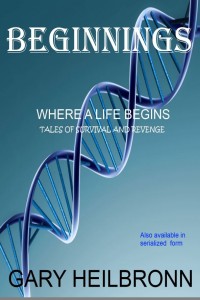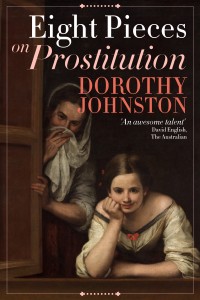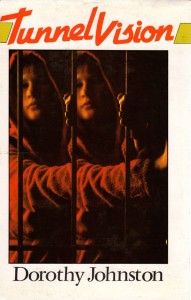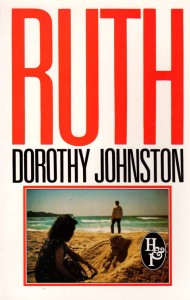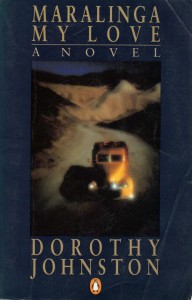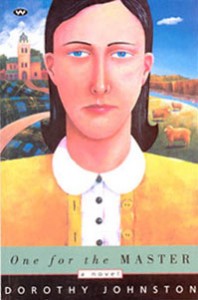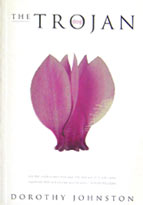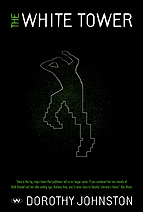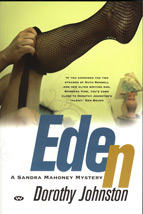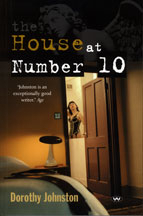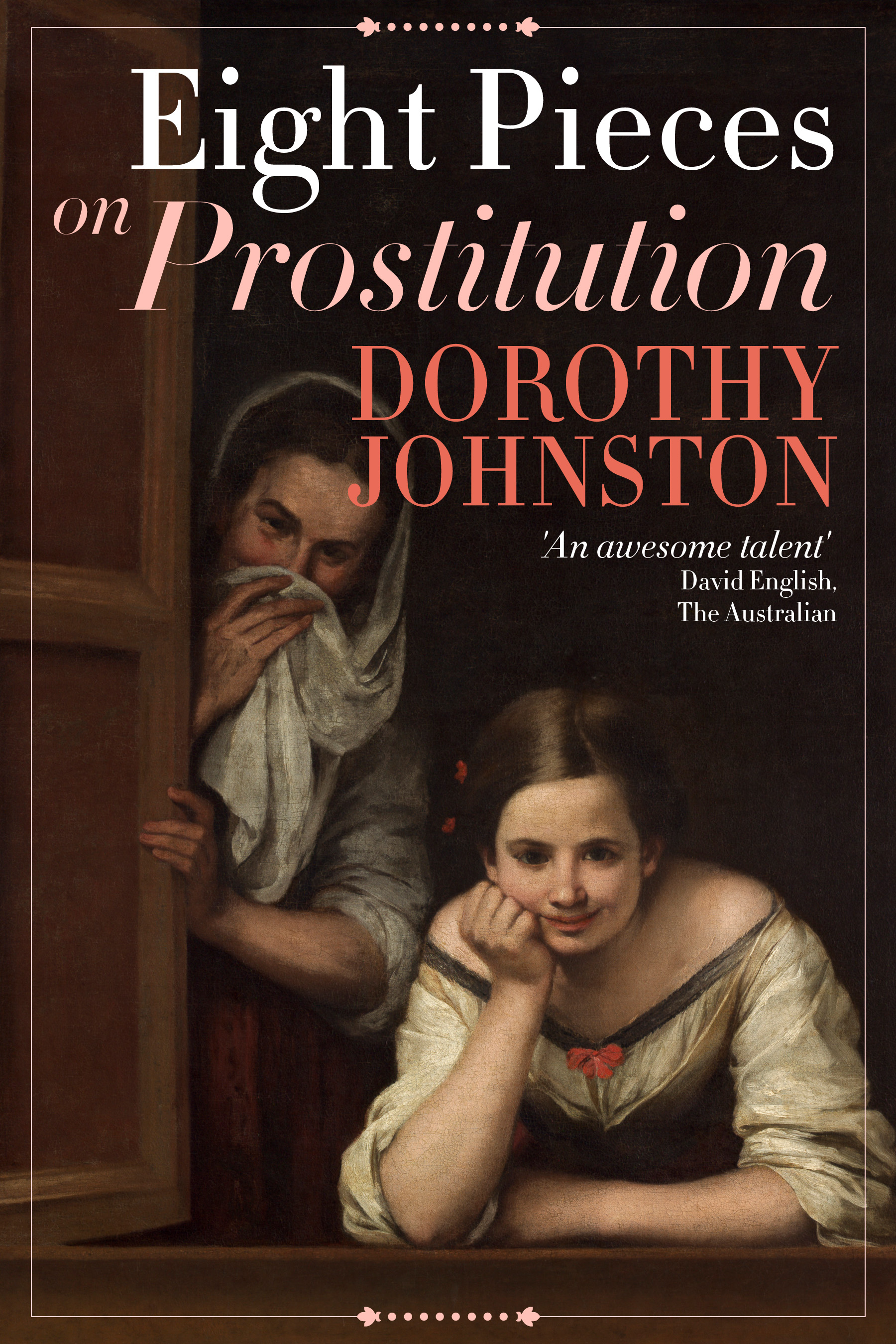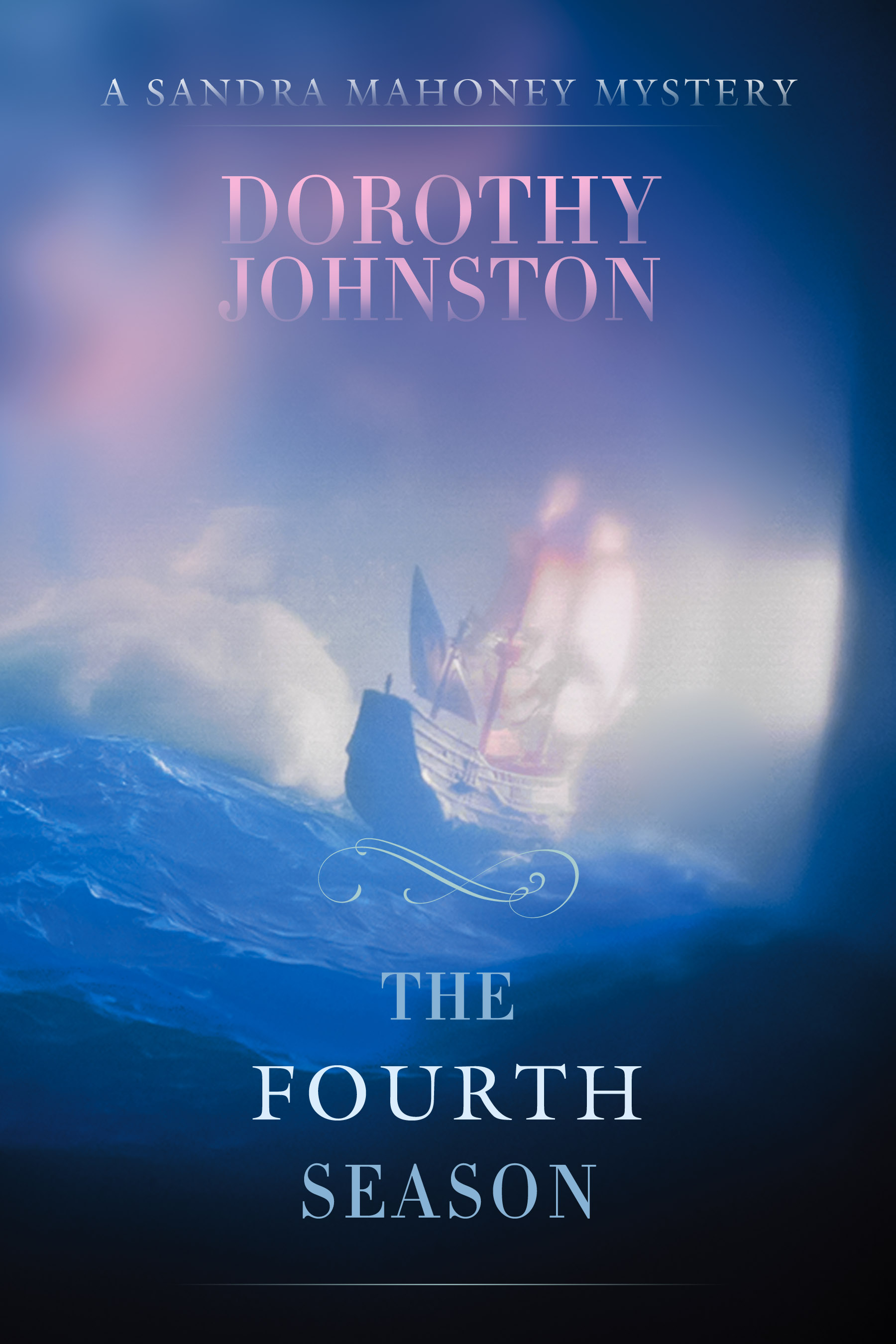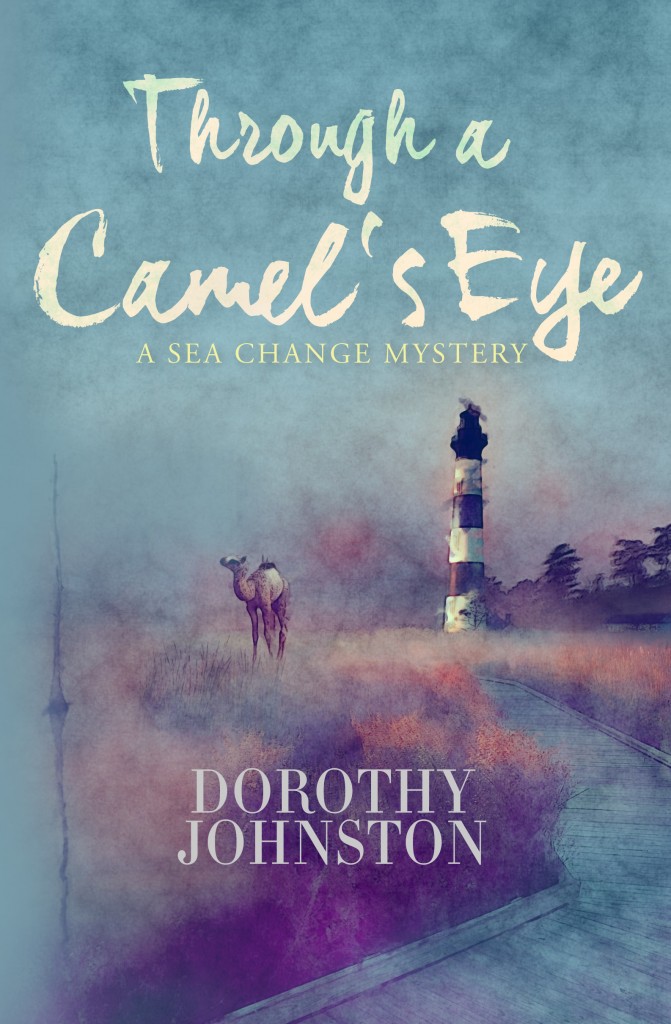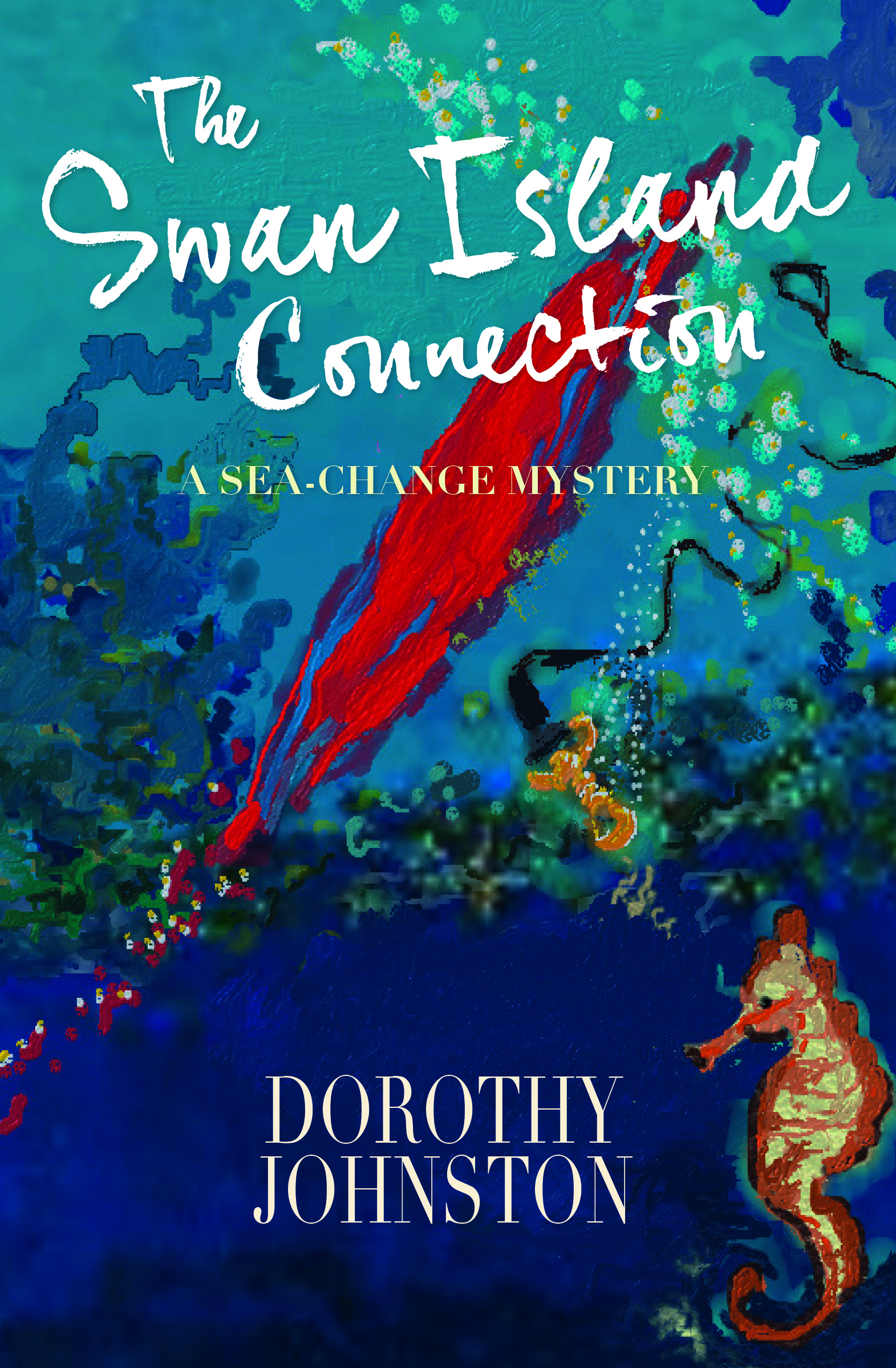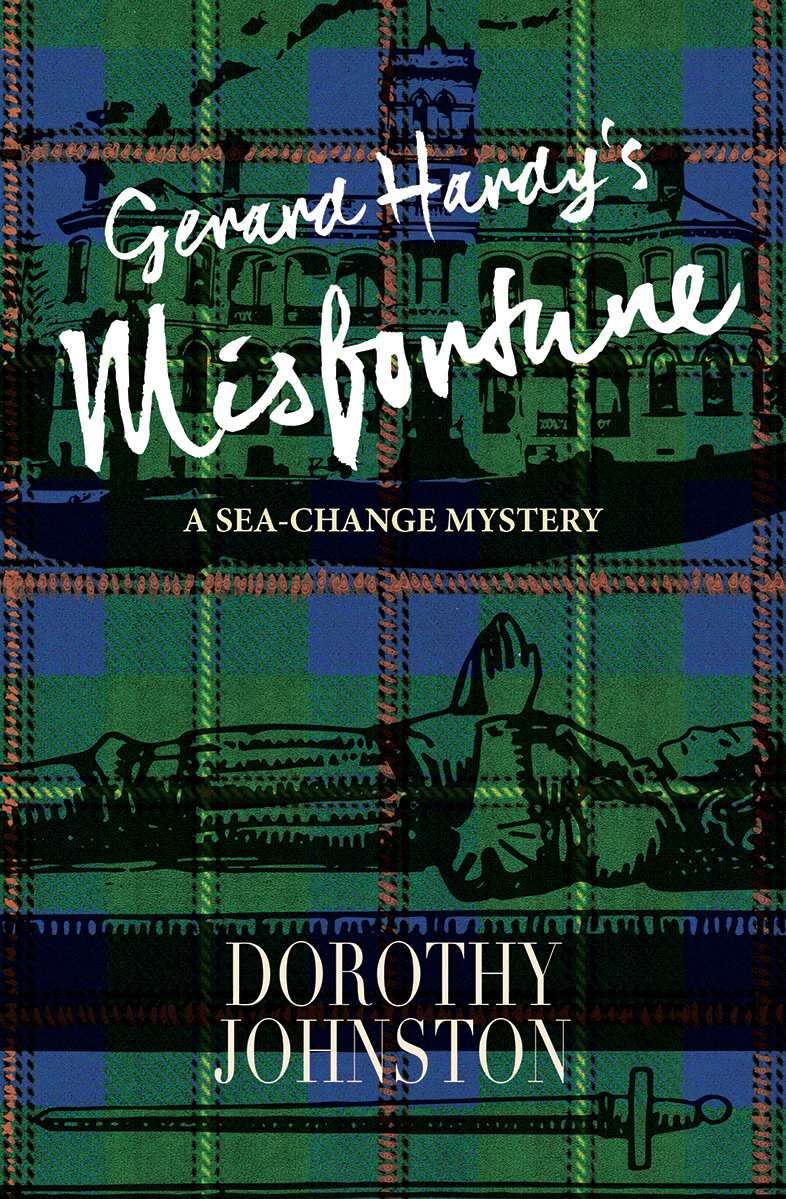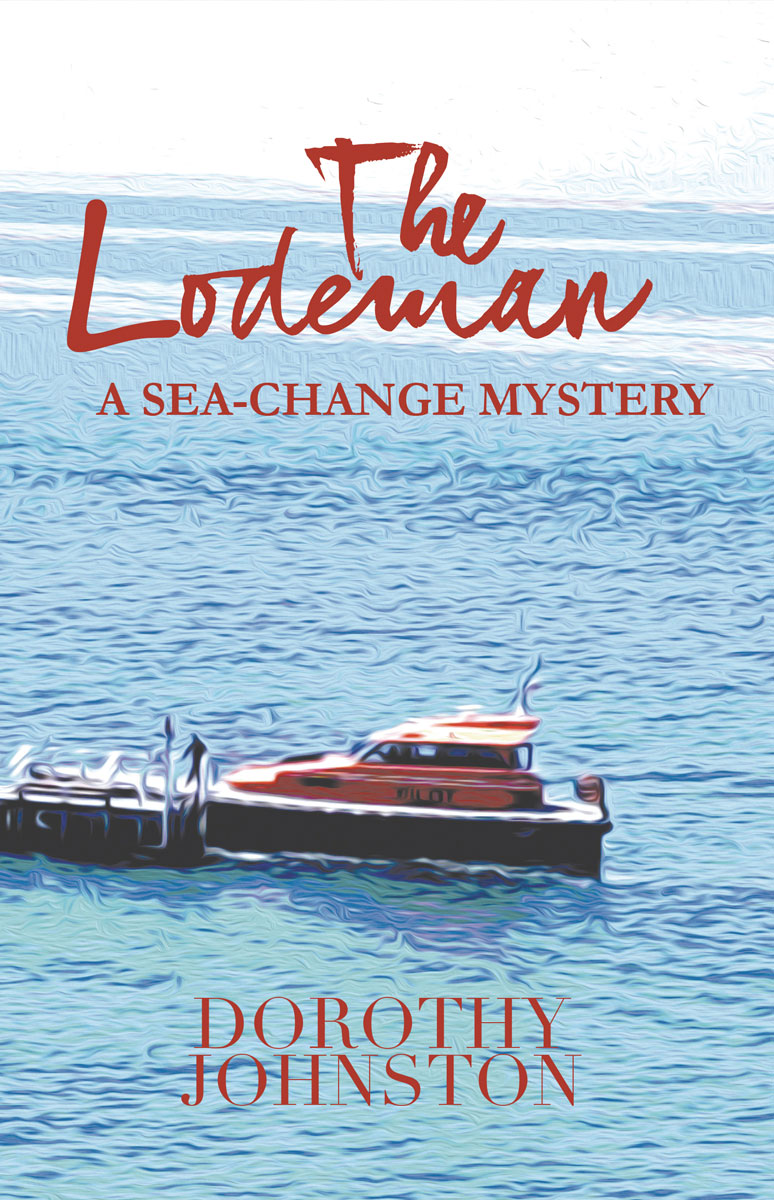A few weeks ago I began drafting a post about the difficulties of ending novels. I was going to talk about the problems I perceived both as a writer and a reader, and how I often lay in bed after finishing a book, wondering why it had to end in just that way.
But then my mother died. Two weeks ago today, early in the morning, I got the call to say she’d passed away in the middle of the night. Ivy Johnston was 94 years old. She caught pneumonia and the doctors said that she could not recover. But then she seemed to rally, and for five days hung between life and death. Not a long time. Not long compared to many.
I’m looking now at the thoughts I’d set down on fictional endings, the points I wanted to make about aesthetics, the comparisons between musical and written language. They seem trivial and silly – yet maybe not entirely so.
I was going to compare the ending of a piece of music with a work of prose fiction or a poem, and try to capture the feeling I have when learning a piece on the piano, of looking forward to the end. When my fingers are just beginning to grasp what is required of them, when finger memory is just beginning to take hold, I begin to anticipate returning to the home key. I long for this, and the comfort of knowing that it’s there.
The home key marks the ending of a journey. But it must be the right ending and the right return. I hate aesthetic endings that come cheap, but with the ending of a real life, can this ever be said to happen?
I began playing the piano again after my father contracted Alzheimer’s. (He died in 2001.) It’s often observed that musical memory is retained after other kinds are lost. I set down my own thoughts about this once in an essay.
The truth is, I don’t yet believe that my mother has gone. I feel as though these last few weeks have been some kind of weird rehearsal and that we’ll all do better next time. When I wrote this in an email to a friend, she replied, ‘But you’ve only got one mother’. By ‘rehearsal’ I didn’t mean that another mother would step in and take over, but that mine was only practising for being dead.
On the second of those five days spent waiting in the hospital, my daughter burst into the ward, the way the sun bursts, or a sudden shower, carrying a big bunch of daphne, and my mother, her grandmother, opened her eyes and smiled.
‘These fragments have I shored against my ruins’
What a weight that verb ‘shored’ has to bear. How courageously it does so!
The inspiration for this post comes from a review on Guy Savage’s blog, His Futile Preoccupations or The Years of Reading Aimlessly, which I recently discovered thanks to fellow novelist and poet, Joan Kerr. Joan also hosts a sparkling blog, with her sister, under the pen name Gert Loveday.
Guy Savage criticises best-selling author Joel Dicker for over-reaching himself, biting off more than he can chew, in Dicker’s recently published The Truth About the Harry Quebert Affair. I read the critique with a start of recognition, for it touched on something that I’ve been feeling increasingly myself, both in writing paid reviews for newspapers, and those I’ve undertaken for no payment, as an indie author and reviewer.
It’s a common fault with inexperienced, (often self-published) authors, that they reach – it seems unhesitatingly – for the sky, that the scope of their narratives is panoramic, while their prose is barely up to describing a blade of grass. Can this disparity, between ambition and skill, be dismissed as a form of hubris? Could it be a way of learning how to write? In the grasp and falling back, an author might well be discovering what is truly within his or her capacity. One can dare to fail. I’ve been guilty of that daring and that fault myself.
But these days, (perhaps like Guy Savage), I’m less willing to make allowances for best-selling authors, already secure in their stardom. Last year I reviewed, for the Fairfax newspapers, Sarah Dunant’s Blood and Beauty, a title destined for the best-selling lists if ever there was one. I found it bloated, over-long, and redolent, more than anything else, of the author’s ego.
The title of this blog post is borrowed from an essay by Ivor Indyk in the Australian Book Review, November 1997, well before the explosion of book review blogs that have changed not only the face but the entire body of reviewing, and what is understood by literary opinion and authority. In a way that seems prophetic now, Indyk stated that ‘the critic’s authority is a reader’s authority. Criticism is the reflective aspect of reading, present to a greater or lesser extent in the experience itself, not detachable from it.’ Book bloggers often disclaim any authoritative status, professing instead to express ‘personal’ opinions. They often use the word ‘honest’ as well; it is as though these claims, to personal opinion and honesty, absolve them from analysis, or comparative judgements built up over a period of reading and reflecting, or a knowledge of literary traditions and history.
So many opinions and judgments are now being offered publicly, not just to a circle of friends, or private book discussion group, that anybody trying to negotiate them faces a daunting task. This is happening at the same time as traditional newspaper reviews are drastically shrinking.
As a traditionally published fiction writer and a professional (ie paid reviewer) who has moved into publishing her own ebooks, and writing reviews of other indie authors, I welcome the new opportunities, and indeed could not think of myself as having any kind of a writing future without them. But I also believe that publishing one’s opinions carries a responsibility; first of all to read the book the author has actually written, whether or not it conforms to expectations raised by a particular genre, or whatever happens to be the current fashion with regard to style; and secondly, by suspending the expectations of personal taste. The gratification of personal taste should not be at the forefront of a reading experience, when that experience is undertaken with a view to publishing world-wide.
Since launching off into the brave new world of digital publishing, I’ve met some great ebook authors.
My first effort was to self-publish a collection of short stories, Eight Pieces on Prostitution and now Wakefield Press has released all four books in my Sandra Mahoney Quartet. It’s a steep learning curve, but an exhilarating one as well.
From time to time I’ll be posting reviews I’ve written of ebooks that have captured my attention, beginning with – aptly named – Beginnings: Where A Life Begins by Gary Heilbronn.
Beginnings: Where A Life Begins is an ambitious, multi-layered novel about the workings of genetic memory through many generations of women. The novel deserves a wide readership not only because of its original and audacious premise, but because each historical episode is vividly imagined, and the female characters, linked in ways they recognize but do not fully understand, are remarkable inventions in themselves.
The novel is predicated on the controversial idea that Mitochondrial DNA, transmitted from mothers to daughters, is understood, by certain outstanding women of their times, as an accumulated heritage. These women know the line they come from even if they cannot explain this knowledge; it gives them courage and it makes them proud.
Many of the women Heilbronn portrays as young, athletic warriors, but the main protagonist, Maria, a Basque refugee from Franco’s Spain, is of a different type. She suffers the tumultuous war years, having barely escaped across the border into France, and wishes only to remain unobtrusive and unnoticed by those who have the power to do her and her daughter, born shortly after her arrival, harm. The story moves in a wide arc, returning to Maria and Anna at various points. It is while Maria is giving birth to Anna – in a kind of trance – that the first return to deep genetic memory is accomplished, to the Cantabrian Mountains in about 10,000 BC. Other sections include ‘Coming of the Phoenicians’, Siege of Saguntum, (in the third century BC) and the Spanish Inquisition in the fifteenth century. Each is conveyed with an eye for detail, while the forward momentum of the story is maintained. Mt favourite section tells of the coming of the Phoenicians to the northern coast of Spain. The many differences between the indigenous people and the Phoenician traders, the troubles in which they find themselves, and in particular the character of Hannh, the young female warrior, made me want this section to continue.
At the end of the chapter describing Maria’s escape, readers are introduced to ‘an original, ornate dagger’ which, like the characters’ elusive yet crucial memories, has been handed on through thousands of years and will continue to play its own part in the story.
In an afterword, Heilbronn gives an account of the historical and scientific background to his novel, with particular reference to the meaning of genetic links in people like the Basques, ‘whose ethnic identity and genealogy have been insulated and isolated through millennia.’ Beginnings is complex and full of intriguing concepts and characters, yet at the same time emotionally vivid and fast-paced. Heilbronn has the ability to carry his readers along no matter if the scene is set in Palaeolithic times or the 1950s, with the rise of the Basque separatist movement. I highly recommend this book and look forward to its sequel.
My short story collection, Eight Pieces On Prostitution is now nine!
You can purchase an extra story, at no extra cost, from Authors Unlimited.
The story is called ‘An Artist’s Story’ and it formed the nucleus of my novel The House At Number 10. Paul Ham accepted the story as a stand-alone and then told me he wasn’t going to publish any more fiction.
I wish I’d known in time to include it in my ebook collection, but here it is now.
My review of Iris Lavell’s debut novel, Elsewhere in Success, was published in the Sydney Morning Herald, the Age and the Canberra Times online today. It’s an interesting and well-crafted novel, the more so, in my view, for not flaunting its achievements. I’ll be posting more about this review and others soon. Just in case you’re wondering about the novel’s title, Success is an actual suburb of Perth, Western Australia, named after the HMS Success, and ‘Elsewhere’? Well, I recommend that you read the book.

